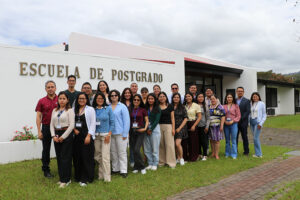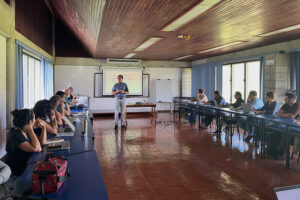Indigenous Women Leaders Strengthen Their Collective Voice at National Gathering Held at CATIE
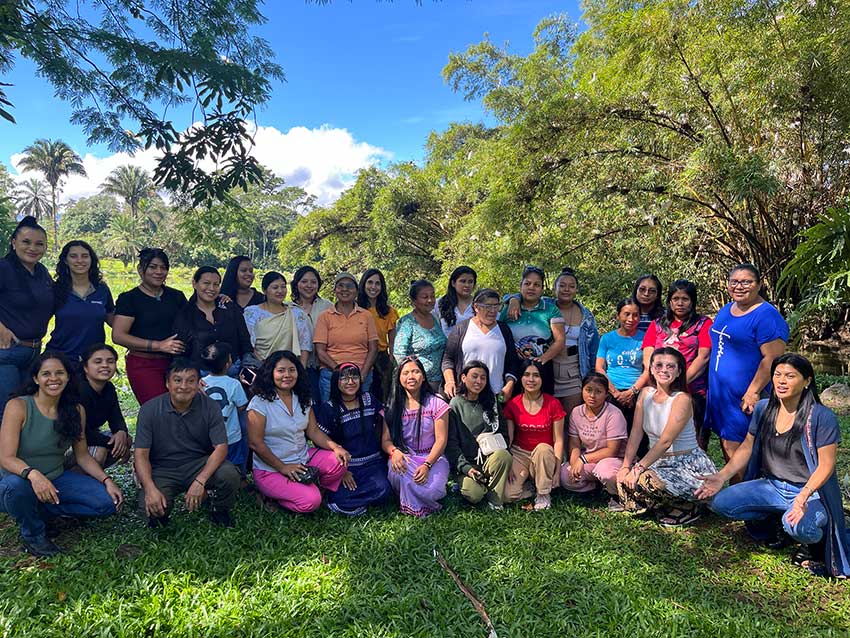
- Women from all eight Indigenous Peoples of Costa Rica met in Turrialba to strengthen the National Alliance of Indigenous Women
From June 13 to 15, CATIE (Tropical Agricultural Research and Higher Education Center) hosted the National Gathering of Indigenous Women Leaders, a key event aimed at advancing the strengthening of the National Alliance of Indigenous Women of Costa Rica.
The event brought together 22 women from diverse Indigenous territories including Alto Pacuare, Matambú, Quitirrisí, Nairi Awari, Tjai, Térraba, La Casona, Rey Curre, Altos de San Antonio, Guatuso, Keköldi, Boruca, Sixaola, Salitre, China Kichá, and Conte Burica. Their objective was to consolidate the Alliance and define action priorities for the 2025–2026 period.
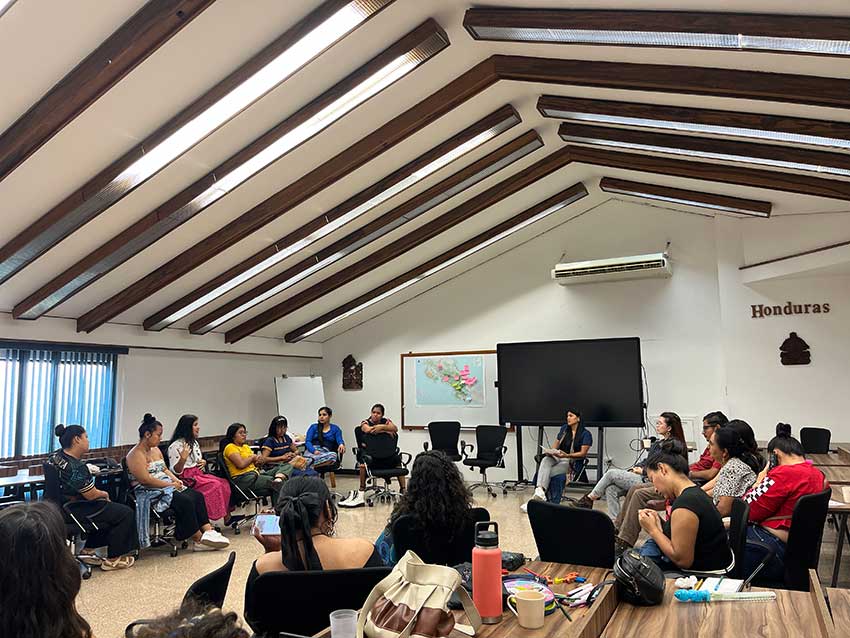
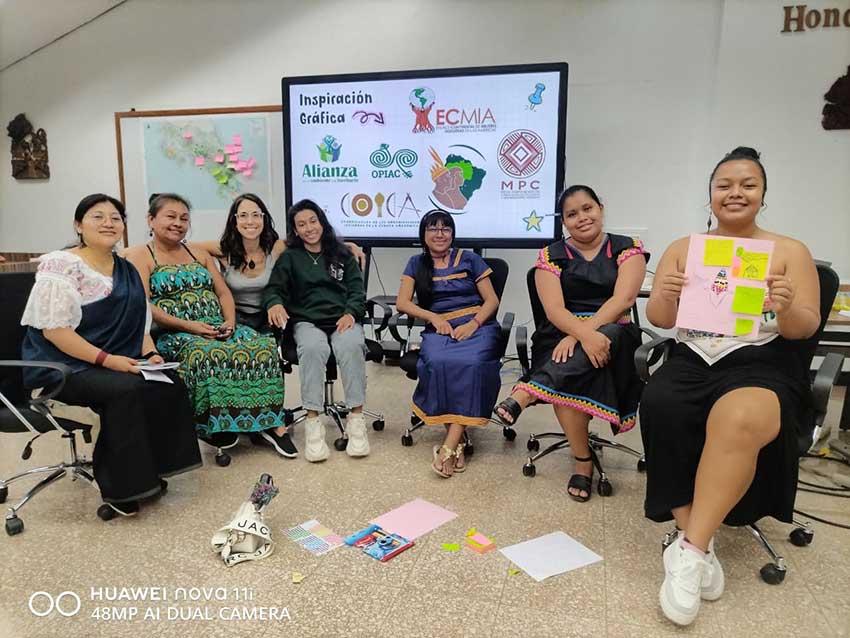
“We leave here committed to the Alliance, ready to contribute ideas, seek opportunities, and recognize our abilities to collaborate. We want to build together, ensuring the rights of Indigenous women and children,” said Thalía Jiménez from Sixaola. For Karina Vargas from the Boruca territory, it was “an enriching experience and a source of hope for unity among sisters,” while Fressy Sánchez from the Huetar territory of Quitirrisí shared that she felt “satisfied with all we accomplished.”
The gathering included participatory activities to collectively build a shared vision for the Alliance, initiate the design of its graphic identity, and prioritize strategic lines of action. Cultural activities and spaces for intercultural and intergenerational dialogue also took place, strengthening the bonds between women leaders from different territories.
First- and second-year CATIE students, along with interns, played an active role in documenting and systematizing the event. In addition to being a space for political and cultural coordination, the gathering included a participatory validation session of the preliminary findings of a study conducted in Indigenous territories as part of the project "Towards inclusive policies for Indigenous Peoples, especially women, in higher education and academic research institutions in Central America." This project is a collaboration between the International Development Research Centre (IDRC) and the Center for Research and Advanced Studies in Social Anthropology (CIESAS), and is being implemented in three countries: Guatemala, Belize, and Costa Rica.
The study explores the barriers and opportunities Indigenous peoples face in accessing higher education, addressing aspects such as admission, retention, dropout, and non-enrollment. The research is approached from an intersectional and gender-sensitive perspective, allowing for the identification of significant differences among territories.
At CATIE, the project is coordinated by Mariela Leandro and led by Cristina Fueres. The diagnosis aims to generate inputs to inform public policies that ensure greater inclusion of Indigenous Peoples in higher education.
The value of the gathering also lay in the recognition of community perspectives and the creation of support networks among women. “I feel full of peace and energy, happy to have met people I can share with and knowing that there’s another place where I feel safe,” said Karoline Rodríguez from the Ngäbe territory of Altos de San Antonio. Samira Sibaja from Térraba expressed gratitude for “allowing us to speak among women, to make ourselves visible, and to address important issues for our peoples.”
“The Alliance is a living example of resistance and the constant struggle of Indigenous women to make their contributions to the country visible and demand respect for their worldviews. From the unit I lead, we deeply value the opportunity to support them by creating culturally relevant spaces where they lead the processes and shape the agenda,” said Karina Poveda, from the Unit for Women, Rural Youth, and Indigenous Communities at CATIE.
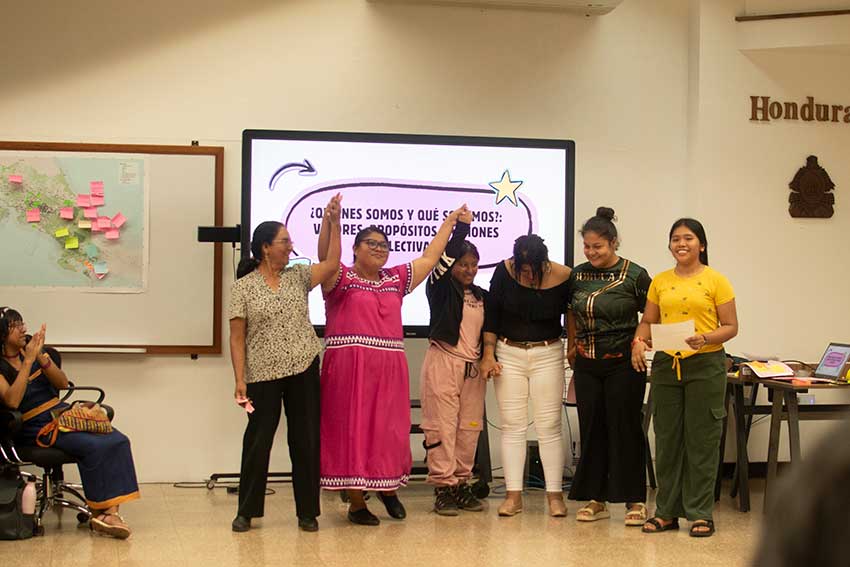
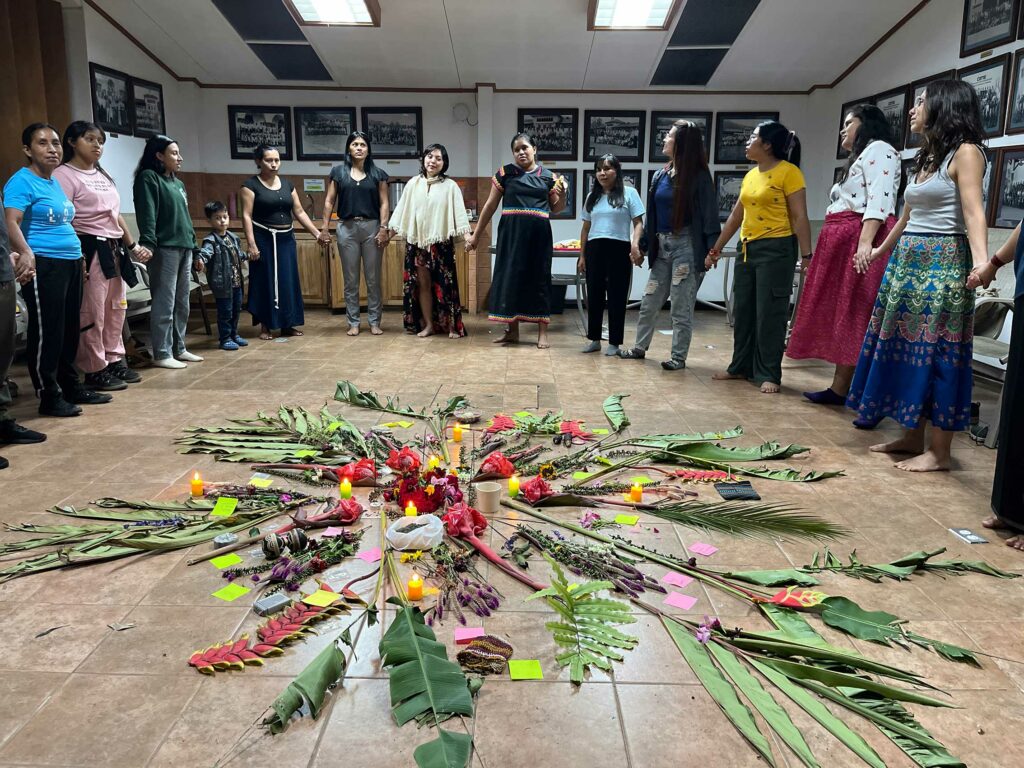
The agenda also included collaboration with the Inter-American Institute for Cooperation on Agriculture (IICA) and the organization Paz y Desarrollo. The event’s conclusion included concrete commitments and next steps, laying the groundwork for the Third National Gathering of Indigenous Women, which will take place on September 5, 2025, at the CATIE campus in commemoration of the International Day of Indigenous Women.
From Matambú, Kristel Mora celebrated the cultural exchange and collective strength: “It was a beautiful experience.” Finally, Stacy Pérez from Alto Pacuare highlighted the spiritual connection: “I leave happy and grateful for this space filled with ancestral women leaders. I take with me knowledge, strength, and unity.”
More information:
Karina Poveda Coto
Rural Women, Youth and Indigenous Communities Unit
CATIE
karina.poveda@catie.ac.cr
Written by:
Karla Madrigal Pereira
Communicator
Communications and Marketing Office
CATIE
karla.madrigal@catie.ac.cr

